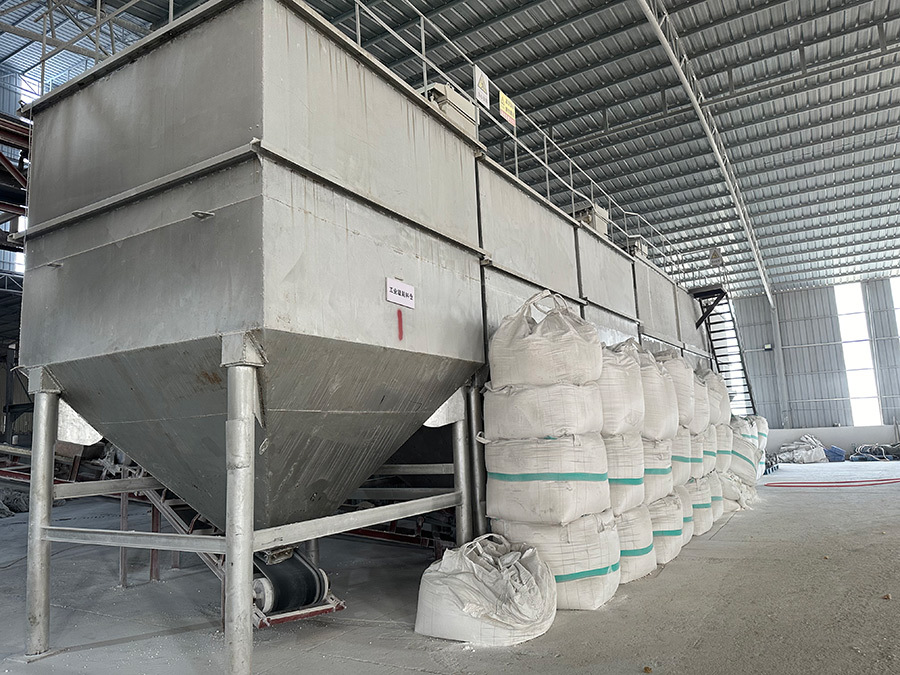Explore the unique role and advantages of 400-mesh ultrafine heavy calcium carbonate in industry
Release Time:
2023-06-30 22:04
Exploring the unique role and advantages of 400-mesh ultrafine heavy calcium carbonate in industry. 400-mesh ultrafine heavy calcium carbonate is a commonly used industrial raw material with unique functions and advantages. Guangxi Longhua Calcium Carbonate manufacturer will explore its applications in industry from multiple aspects.
Firstly, 400-mesh ultrafine heavy calcium carbonate has excellent physicochemical properties. Through fine processing and treatment, its particle size is very small, reaching the 400-mesh level. This gives it a unique characteristic in some industrial fields, providing a higher surface area and better adhesion, thus playing an important role in some special production processes.
Secondly, in the production of rubber and plastic products, 400-mesh ultrafine heavy calcium carbonate has a significant reinforcing and filling effect. Due to its fine and evenly dispersed particles, it can effectively improve the strength, hardness, and wear resistance of rubber and plastic products. In addition, it can also reduce the shrinkage and deformation of materials, improving the processing stability and surface smoothness of products.

In addition, in the production of paints and coatings, 400-mesh ultrafine heavy calcium carbonate can be used as a filler and thickener. Due to its small particle size and high specific surface area, it can effectively improve the fluidity and adhesion of paints and coatings, increase their coating area, and improve the uniformity and brightness of the coating. At the same time, it also plays a positive role in increasing the hardness and durability of the coating.
In addition, 400-mesh ultrafine heavy calcium carbonate is also often used in papermaking, cosmetics, food and other industries. In the papermaking industry, it can be used as a filler for ink, improving printing quality and printing speed; in cosmetics, it can be used as a filler for lipstick, eyeshadow, etc., improving product stability and texture; in the food industry, it can be used as an acid neutralizer, thickener and other additives to adjust taste and improve texture.
In summary, 400-mesh ultrafine heavy calcium carbonate has unique functions and advantages in industry. Its small particle size and high specific surface area make it widely used in rubber and plastics, paints and coatings, papermaking, cosmetics, food and other industries. Through reasonable use and processing, it can improve product performance and quality, meet the needs of different industries, and promote the development of industrial production.



